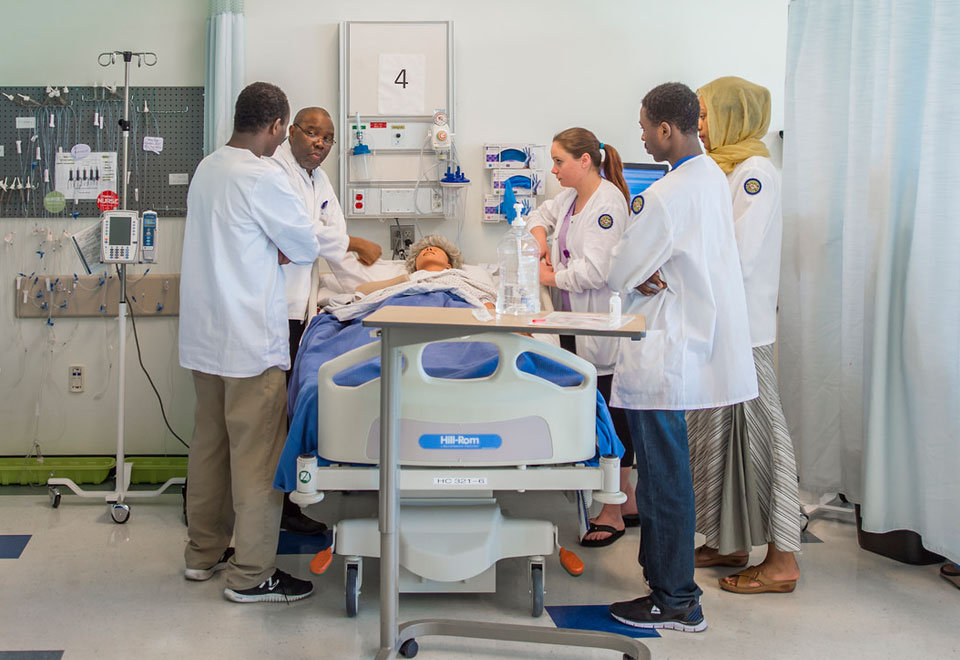Email:brad.stewart@montgomerycollege.edu
Phone:240-567-1312
Office Location:Takoma Park Silver Spring Campus, Student Services Center, Suite 306
Biography
Dr. Brad J. Stewart has served as Vice President and Provost of the Takoma Park/Silver Spring Campus of Montgomery College since May of 2005. He oversees all campus operations and serves as the chief academic officer for the Communications, Heath Sciences, Health & Physical Education and Humanities units. Campus enrollment has grown substantially during the past few years to over 7,000 students a semester. Much of the increase has occurred in the campus’s signature programs in the health sciences where enrollment in the nursing program has nearly doubled. Dr. Stewart has been heavily involved in the planning and construction of several new campus facilities including a student services center, a visual arts building, and a cultural arts center.
From 1999 until 2005, he served as Campus Executive Officer and Dean at the University of Wisconsin at Waukesha, a two-year institution within the University of Wisconsin system. Under his leadership, several capital projects were completed, including extensive renovations of the humanities and physical education buildings and the construction of a biology and field station facility. He partnered with faculty and staff to develop a vibrant academic program, including first year experience programming, undergraduate research, service learning, and learning community initiatives.
在此之前,他曾担任圣托马斯大学(University of St. Thomas, MN)的学术指导和特别项目副院长,并担任社会学和刑事司法系的教员。在圣托马斯,他帮助发起了第一年的学生学习社区,一个服务学习项目,以及几个挽留和学生支持计划。Dr. Stewart also served as a professor at the University of North Dakota and at Miami University in Middletown, Ohio.
In 1997, he was selected as an American Council on Education Fellow where he received training in planning, budgeting, enrollment management, human resources, media relations, and campus climate issues. He is also an alumnus of Harvard’s Management Development Program and the City of Waukesha’s Citizen Police Academy. He has published in the areas of juvenile crime prevention, effective pedagogy, and racial and ethnic stereotypes.
Dr. Stewart earned his bachelors of arts in Sociology and English from William Penn College (1978) in Iowa and a master’s degree (1981) and doctorate (1987) from Iowa State University specializing in crime/delinquency and race and ethnic relations.
他目前是the Greater Silver Spring Chamber of Commerce的董事会成员,他曾担任董事会主席和秘书/财务主管。他也是公共交通倡导组织Purple Line Now的董事会成员,并在Silver Spring艺术和娱乐区顾问委员会和蒙哥马利委员会(一个全县政治倡导组织)任职。最近,他担任蒙哥马利学院蓝丝带治理工作组的联合主席,目前是实现大学成功和卓越项目世界杯摩洛哥vs克罗地亚欧赔指导委员会的成员,该项目是蒙哥马利学院、蒙哥马利县公立学校和Shady Grove大学之间的合作伙伴关系。Dr. Stewart is a graduate of the Leadership Montgomery Class of 2014.



